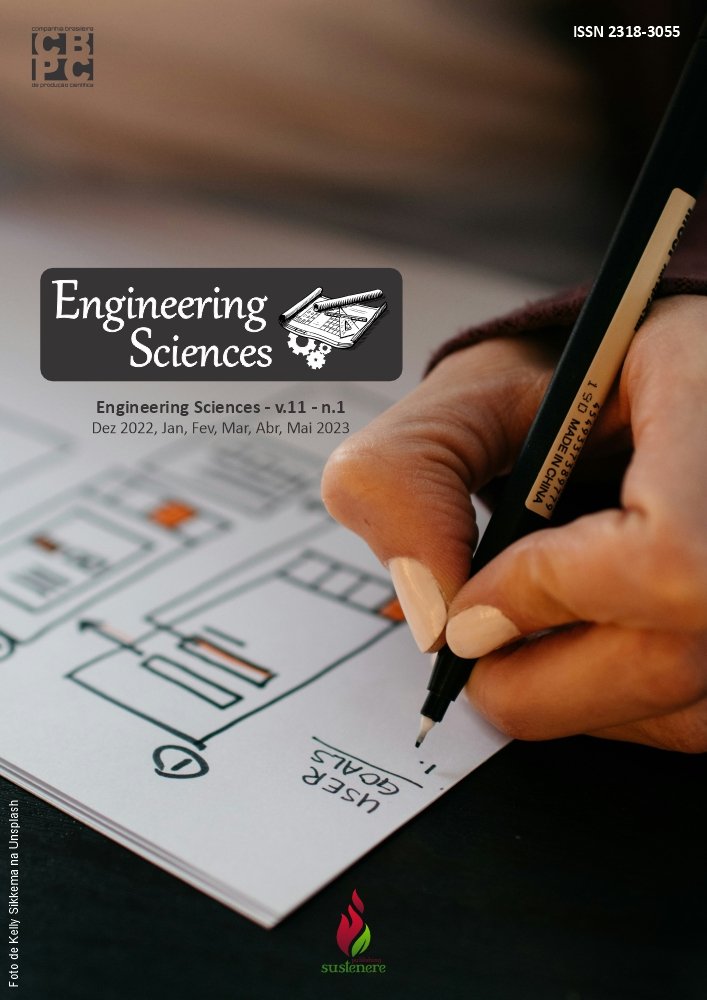Food additives: functions, applications, and risks to human health
DOI:
https://doi.org/10.6008/CBPC2318-3055.2023.001.0005Keywords:
Food Additives, Food Technology, NutritionAbstract
All foods are subject to deterioration processes during their shelf life. The use of additives is crucial to extend the shelf life of food, improving and preserving its physicochemical, nutritional, and sensory properties. However, there is a growing concern among the population regarding the impacts of these substances on human health. Based on this, the objective of this study was to address and discuss the topic of food additives, their respective functions, and applications, highlighting the importance of their use as well as the risks of excessive consumption on human health. To achieve this, a search was conducted in four databases, SciELO (Scientific Electronic Library Online), Google Scholar, Research Gate, and the Library of Centro Universitário Unifavip | Wyden, including national and international publications from 2008 to 2022, using the keywords "food technology," "food additives," "chemical additives in food," and "adverse effects of food additives on health." Despite the existing controversies, research has shown that excessive consumption, largely through processed foods, can lead to adverse health reactions such as hypersensitivity, impacts on the microbiota, and metabolic diseases like diabetes and obesity. It is advisable to avoid excessive consumption of food with additives, and further research is needed on the toxicology and cumulative effects on health to ensure food safety for the population.
Downloads
Downloads
Published
Issue
Section
License
Copyright (c) 2023 Engineering Sciences

This work is licensed under a Creative Commons Attribution-NonCommercial-NoDerivatives 4.0 International License.
The CBPC - Companhia Brasileira de Produção Científica (Brazil CNPJ: 11.221.422/0001-03) the material rights of the published works. The rights relate to the publication of the work anywhere in the world, including rights to renewals, expansions and dissemination of the contribution, as well as other subsidiary rights. All electronically published works may subsequently be published in printed collections under the coordination of this company and / or its partners. The authors preserve the copyright, but are not allowed to publish the contribution in another medium, printed or digital, in Portuguese or in translation.








